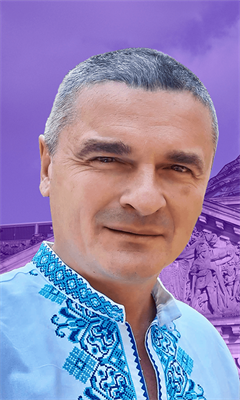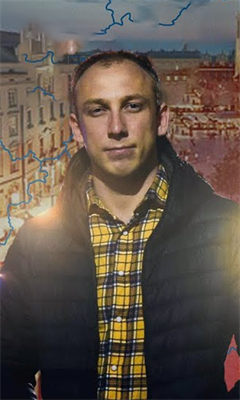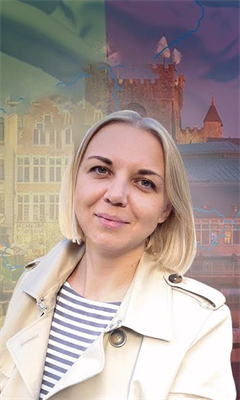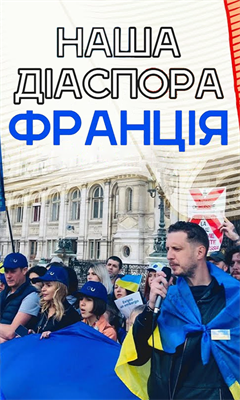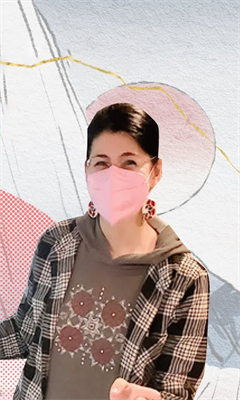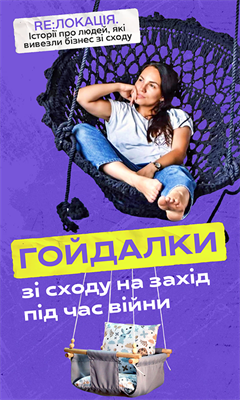The story of how doctors saved people without water and electricity. A scrub nurse’s monologue
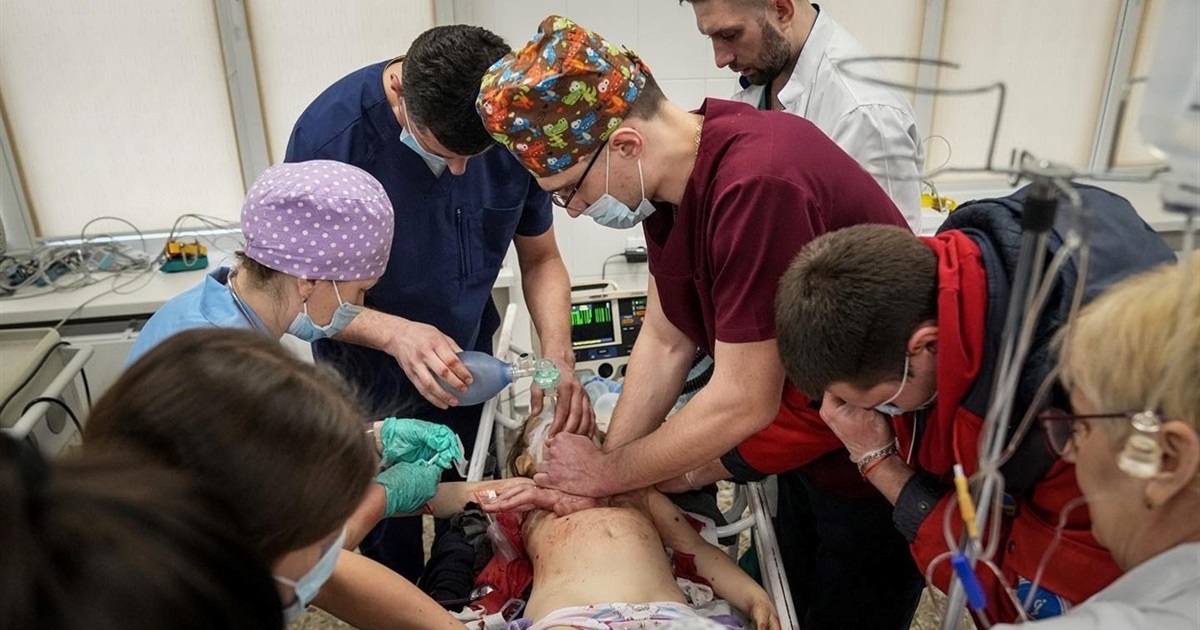
On her way, Iryna was scared, but mostly felt confident that Mariupol would be able to protect itself, so she decided to stay in the city. Together with her husband, she had been doing everything possible to help the locals to hold out for three weeks. In her monologue she talked about the surgeons who operated with no electricity available, volunteers who brought water from the river, and the injured who were carried to the hospital.
Realizing the tragedy
It took a long time for me to realize that the war came in my city and my country. I began to realize it after the first shelling. On February 25, I was on a 24 hours shift in the Perinatal Center. We evacuated the pregnant women to other hospitals later that day; the newborns were evacuated on 26 February. From the next day on, the hospital staff didn’t enter the building anymore.
The staff wasn’t assigned to other hospitals. The head nurse told us not to go to work at all. The action plan was to be announced later, but the mobile communications went down in the city.
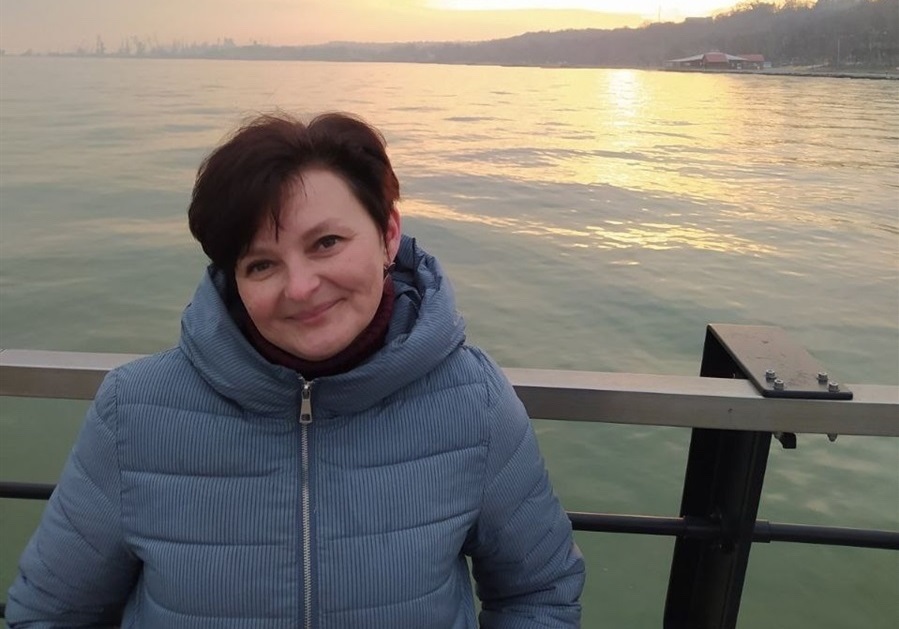
My husband worked at the city hospital No. 1. He was going on shift, and I came along. I couldn’t stand aside in such hard times.
There was already a great deal of work to do. I helped wherever possible: washed the floor, cooked food on a campfire, and performed my professional duties as a nurse.
Many staff members didn’t come to work. Only two scrub nurses were at the hospital for the 16 days my husband and I spent there.
The hospital had very limited supplies of water and food. That’s why nephrologist Oleksandr Zhuk used his connections, and they started bringing us service water. First from the ruined pool, then from the river. Later on, some entrepreneurs brought groceries. There were approximately five hundred people in our hospital block, including civilians, the IDPs from Sartana, Talakovka, and the hospital staff’s families.
The hospital is located in Kalmius district near the Illich Iron&Steel Works, therefore shelling happened there very often. Airbombs and Grad missiles were falling. Those which didn’t hit the plant would strike the hospital and neighboring houses.
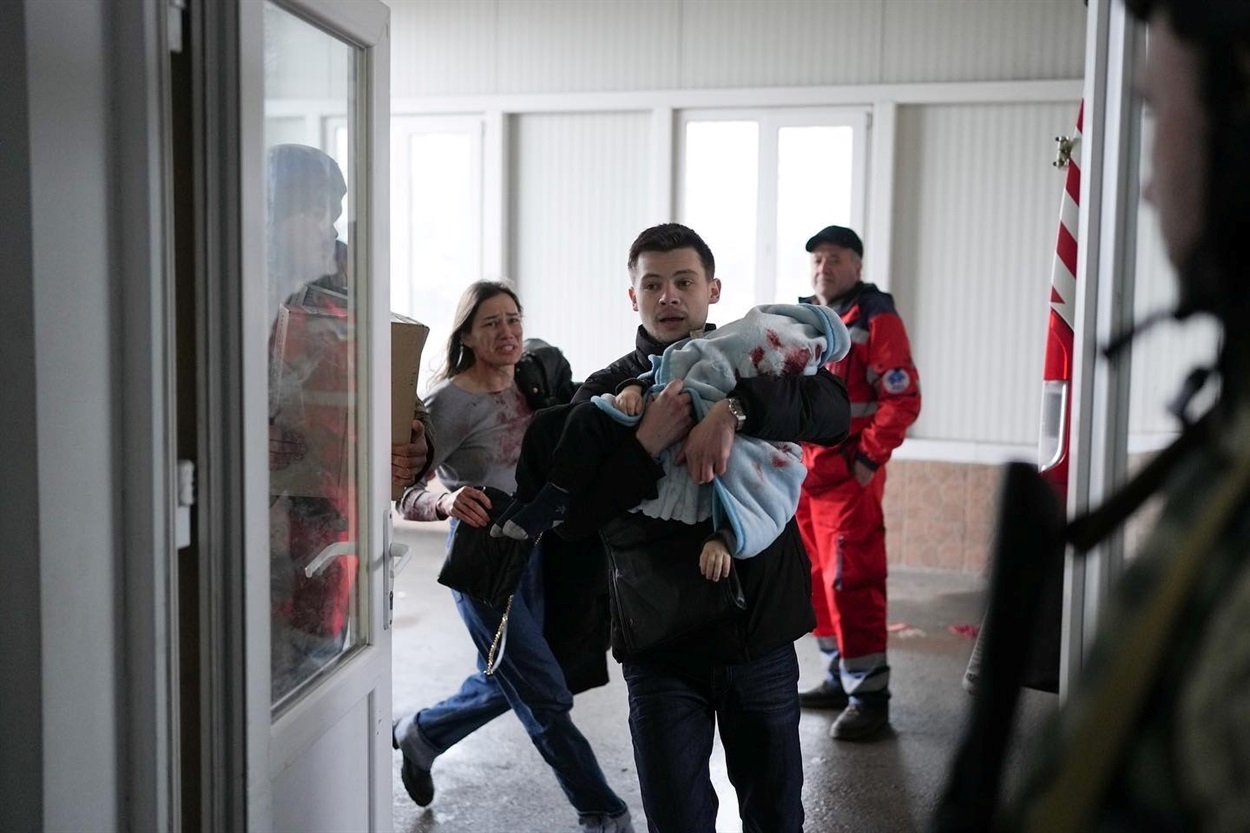 A child killed during the shelling. Photo by Yevhen Malolyetka
A child killed during the shelling. Photo by Yevhen Malolyetka
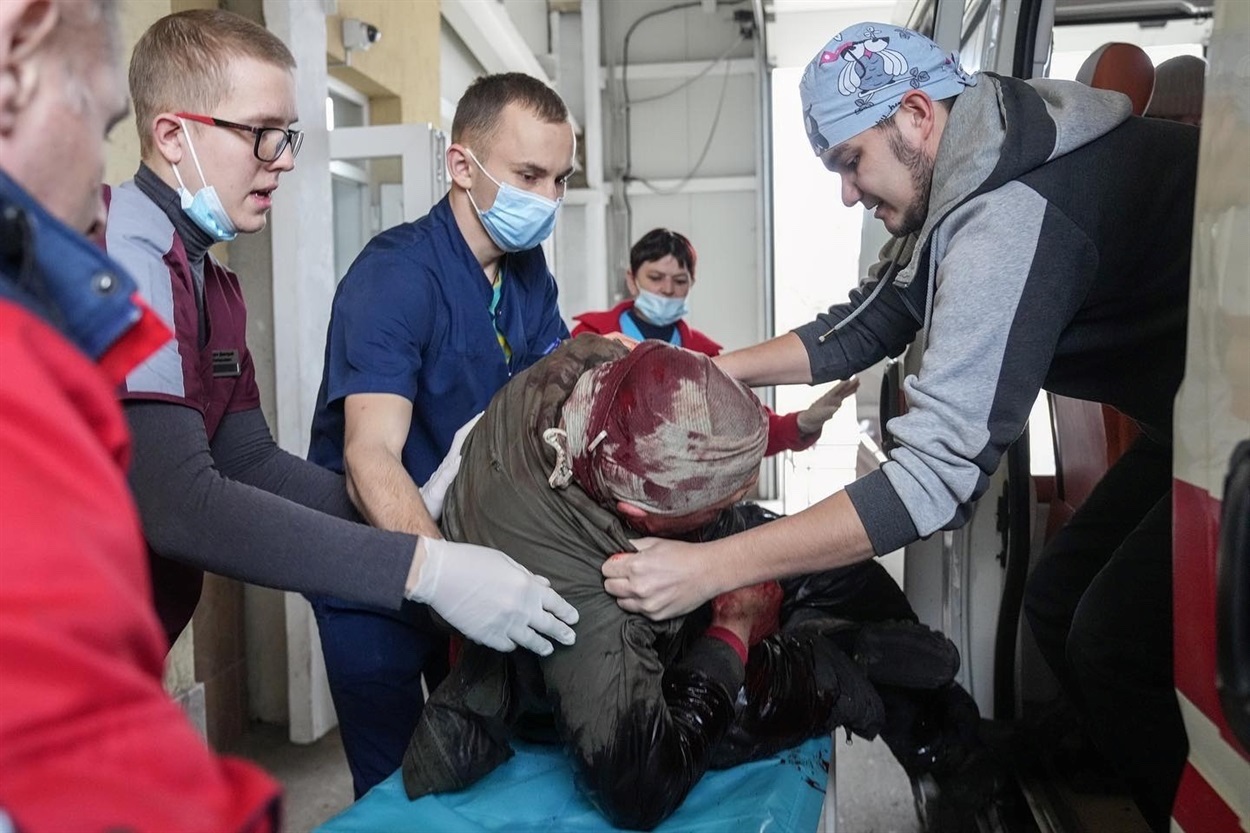 One of the first Mariupol shellings. Photo by Yevhen Malolyetka
One of the first Mariupol shellings. Photo by Yevhen Malolyetka
We were saving people under constant shelling
At first, when the injured who needed operation were brought to the hospital, we switched on the generators. We filled them up with diesel. We went to the operating room and fought for their lives.
I was very nervous because almost all instruments were unsterilized. There was no power or water. We did disinfect the supplies, but we weren’t able to do that properly according to the standards. It reminded as of World War II.
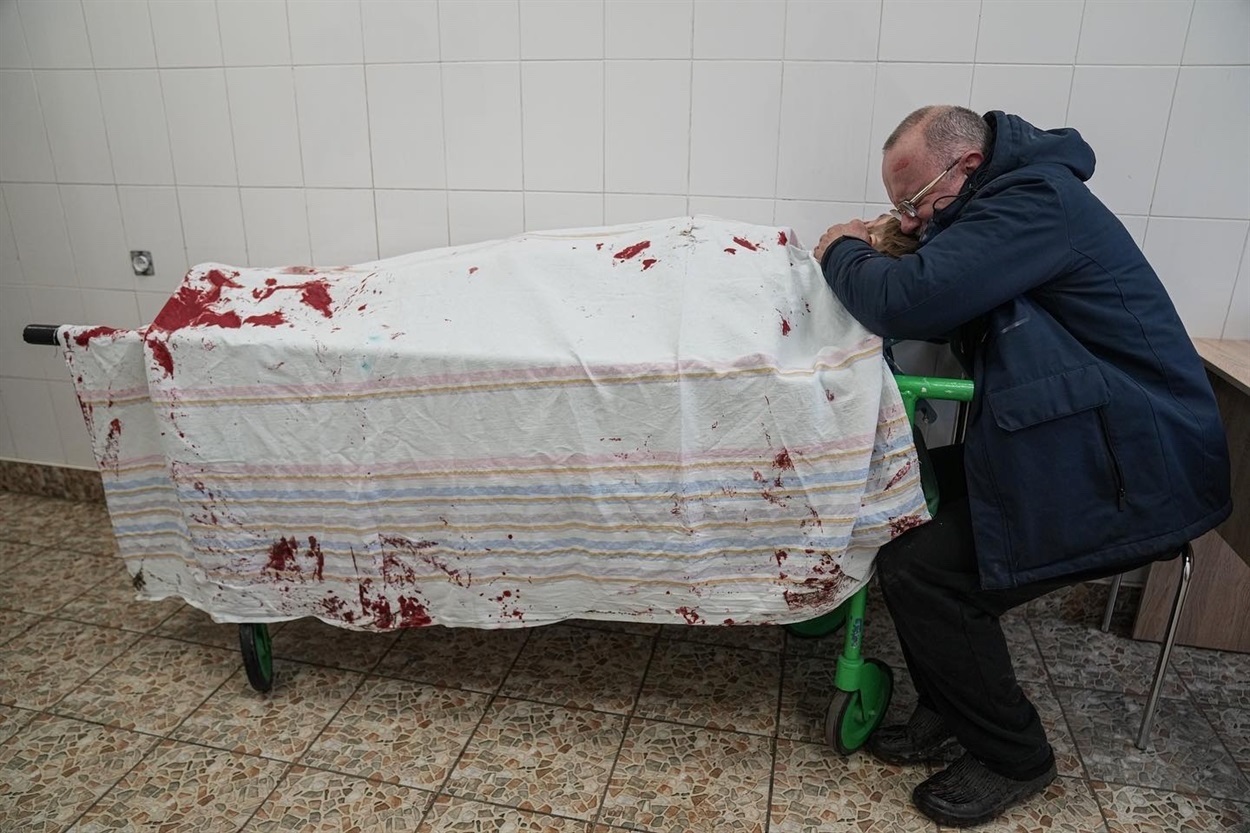 A man embracing his dead teenage son. Photo by Yevhen Malolyetka
A man embracing his dead teenage son. Photo by Yevhen Malolyetka
The surgeons operated in the operating rooms. However, the roof was hit by a shell on March 7, the ceilings collapsed, and the windows were broken as a result. One of the operating rooms couldn’t be used anymore.
We only had trauma OR and a small laparoscopic OR now. We made use of the urology OR only as a matter of absolute necessity. It isn’t suitable for performing surgeries during the war because there are many windows. It’s dangerous for both medical staff and the patients.
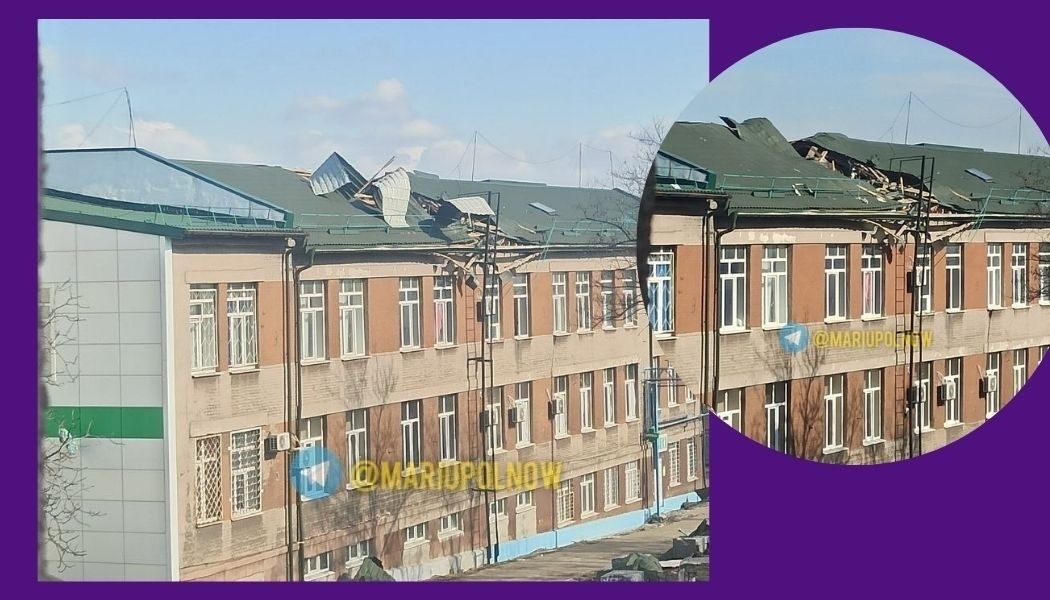 The roof was hit by a shell on March 7, the ceilings collapsed, and the windows were broken as a result
The roof was hit by a shell on March 7, the ceilings collapsed, and the windows were broken as a result
The wounded were brought in after each shelling. Police, ambulance crew, or civilians delivered them in their own cars or carried them in their arms. There were children, adults, and the elderly among the patients. Fractures, burns, severed limbs, head and eye injuries. Many were injured by the debris. Unfortunately, most of the injuries were fatal. We did everything we could to save those people, but many died.
At first, the bodies of those whom we weren’t able to save were stored in the morgue. However, when there were already 50 bodies, we started placing them at a laboratory destroyed by a mine. Thankfully, it was still freezing outside.
People were usually injured while being outside. The city was completely cut off, so the residents had to cook over campfires near their houses. The missiles targeted residential areas, the yards. Shells exploded, and the debris flew at civilians. On average, more than 50 Mariupol residents were being admitted to the hospital every day. Not to mention those with small cuts or burns, who came in to get them cleaned and dressed.
People who came to the hospital would then stay there. They had nowhere else to go. They lived in the dark halls because it was very dangerous in the wards with all the glass around. Many thanks to our hospital matrom who gave out mattresses and blankets to everyone.
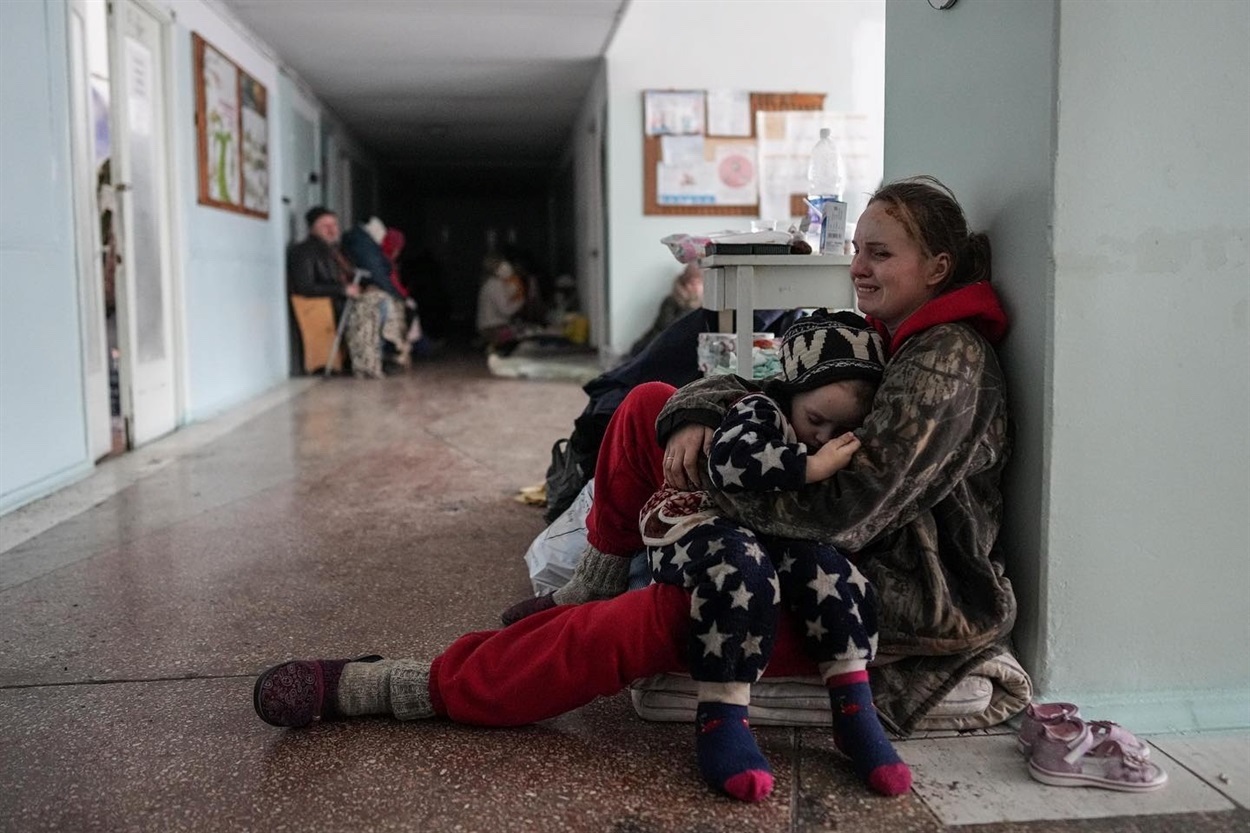 Photo by Yevhen Malolyetka
Photo by Yevhen Malolyetka
We’ll return in the Ukrainian Mariupol
We didn’t evacuate from the city because we were sure that it would remain Ukrainian, and the enemy wouldn’t dare to destroy the infrastructure. We thought we’d keep working and later leave if we needed to.
We stayed at the hospital until the last moment. When we ran out of diesel, we stopped operating. Only on March 16, having gathered up the courage, we left the city. We got out in three cars; then two more joined. My husband and I weren’t alone - our colleagues and interns were with us.
Despite the lack of the diesel, two surgeons, Ihor and Vlad Sayenko, stayed in the hospital. Oleksandr Zhuk didn’t leave as well. He specializes in dialysis, and all the patients have moved to the block where he works.
Our house is located in the same area. I don’t know if it has survived. The shells hit the neighboring houses and the school. There were no military targets. The Russian army ruthlessly destroyed the city’s infrastructure and slaughtered civilians.
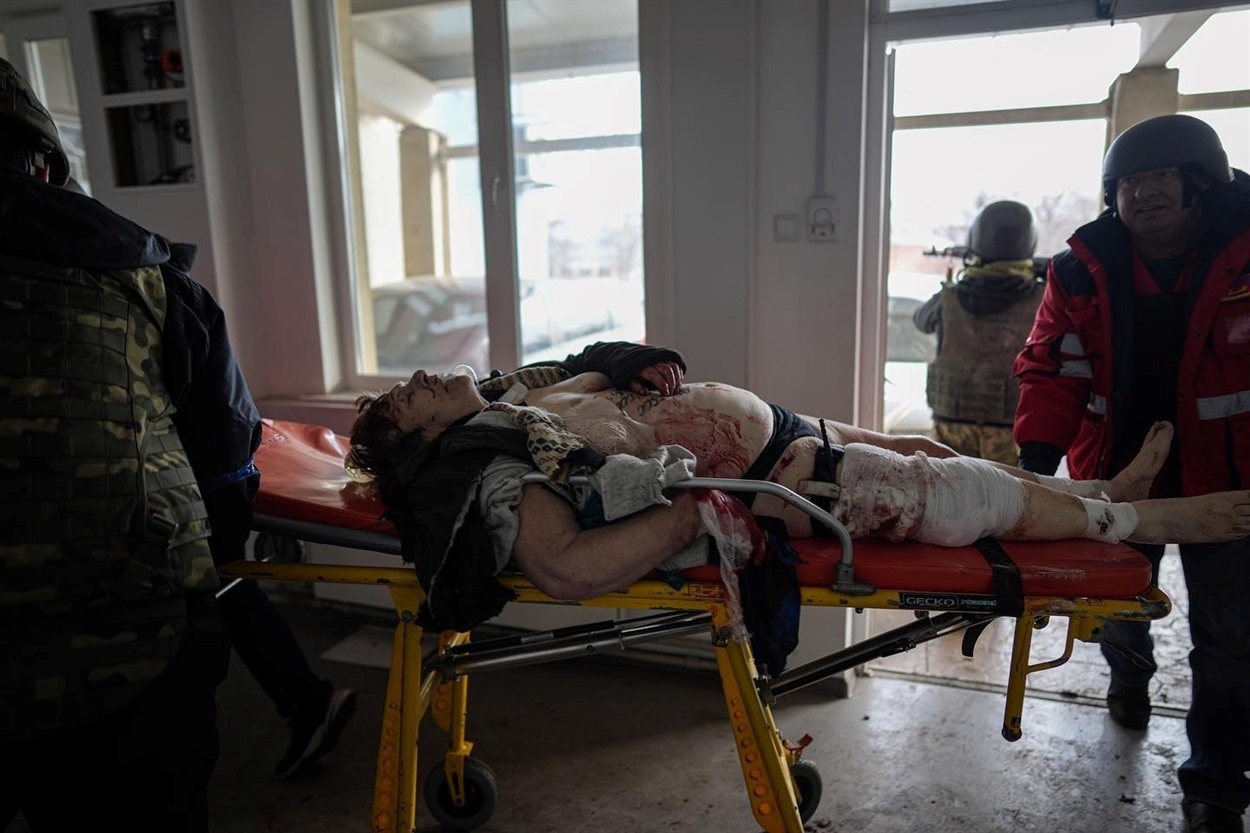 Photo by Yevhen Malolyetka
Photo by Yevhen Malolyetka
My husband and I and our colleagues are in Kirovohrad oblast now. We stayed at the parents' of one of the doctors we had been traveling with. Currently, we’re looking for a job. We realize that we need to move on. Anyhow, we sincerely believe that we will return to Mariupol, rebuild the city, and start a new life. What’s important is that we hold up and the blue and yellow flag fly there.



